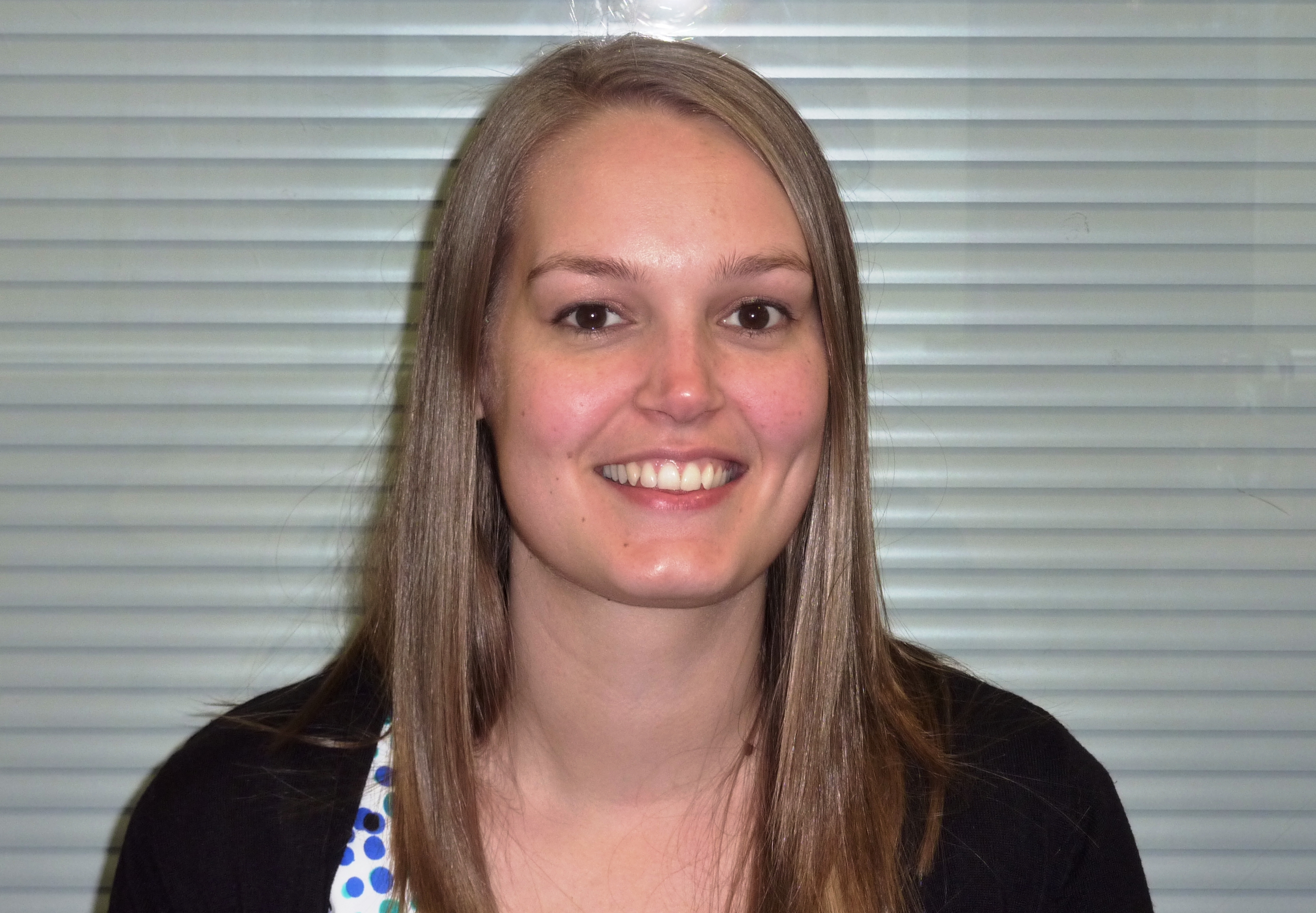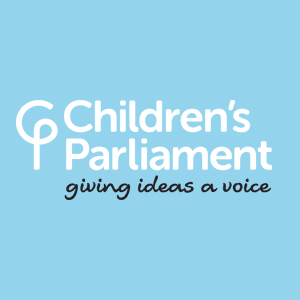How do we guarantee better, safer childhoods? Work with local communities in a movement for change
Joanna Barrett, NSPCC Scotland's Policy and Public Affairs Manager, responds to call 4 of our 25 Calls campaign, arguing that a cultural shift in our approach to child protection is needed if Scotland is to become the best place to grow up
Call 4: To end abuse and neglect, live what we know: it’s everyone’s job to make sure children are alright
As a nation, Scotland has great ambitions for our children: we want to be the best place to grow up; we’re incorporating the United Nations Convention on the Rights of the Child to fully recognise children rights in law. But we’re also a country in which almost a quarter of a million children are living in poverty, in which there are over 14,500 children who are looked after, and in which more than 2,500 children are on the child protection register. There is much work to do to match our aspirations to children’s lived reality.
In her call as part of Children in Scotland's 25 Calls campaign, Professor Daniel rightly argues that to prevent abuse and neglect, and so plug this gap between rhetoric and reality, we need greater buy-in to the message that it is everyone’s job to make sure that children are alright.
'Prevention requires us to value children, and prioritise their needs: as individuals, as communities and as a society'
Part of this ‘buy-in’ is cultural. We need greater shared understanding of what makes children ‘alright’.
As a society, (how) do we value children? Journalist Kenneth Roy charted Scottish social history and describes a particularly punitive and authoritarian culture in Scotland [1].
While times have certainly changed, these attitudes still cast a shadow over children’s experiences today. This can be clearly seen in the recent debates on the physical punishment of children. As John Finnie’s Equal Protection Bill has passed through the Scottish Parliament, questions have been asked about whether children have rights at all, or, if they do, whether those rights have been positioned in opposition to the rights and responsibilities of parents.
A wealth of research in recent decades has taught us much about child development and what children need to thrive, and this has begun to influence policy-making. We know that children’s brains are built over time, and that this is influenced by the relationships around the child. Positive experiences in the early years and in adolescence build structures in the brain that support later health, relationships and job outcomes. Building children’s brains is group work – all the adults around children have a part to play to ensure that the experiences children have and the environments they grow up in help build their brains to ensure they have better futures.
Yet insights into child development are still largely the domain of professionals. There’s still a job to do to share this knowledge within our communities, to develop a shared understanding and appreciation for childhood and so collectively create the conditions for children to grow up safe and happy. That’s the basis of NSPCC’s Sharing the Science project: using a common language to share the science of child development with a whole community.
In addition to this cultural shift in how we view children, ‘buy in’ is also structural: the role that our policies and services play in protecting children.
‘Adverse Childhood Experiences’ has become a zeitgeist of social policy in Scotland of late; the recognition that our early experiences matter. This (often retrospective) recognition is valuable, but awareness only takes you so far. What are we doing about the thousands of children who are experiencing adversity right now? Importantly, what are we doing to prevent it?
Despite more than a decade of building momentum and consensus on the importance of prevention and early intervention, we still struggle to reflect these intentions in our systems. In 2014, NSPCC and Barnardo’s Scotland published research [1] on the impact of austerity and welfare reform on family support services. We found families were increasingly presenting to services in a state of crisis, even when services were designed to deliver early intervention or preventative work. Severity of need was visibly growing and services were being forced to shift away from prevention to meet this need. Services were also struggling to develop consistent relationships with families due to funding uncertainties. We are in the process of repeating this research to see what has changed in the intervening five years.
Poverty is massively damaging for children. The stress of poverty, often interacting with issues like substance misuse or mental ill-health, can leave parents feeling overloaded, and this can impact on their relationship with their child. While children living in deprived areas are much more likely to be subject to child protection interventions [2], reducing poverty can have a positive impact on children’s experiences of abuse and neglect [3]. And so the recent Scottish Government announcement on a new Child Payment for families on low incomes is very welcome.
Where there are child protection concerns, poverty can be the elephant in the room; all too often an overwhelming facet of family life, but at the same time not openly discussed. Studies [4] have shown that child protection professionals do not have sufficient skills, and do not believe it is their role to help vulnerable families with very low income address their economic circumstances. In response to this, NSPCC has embarked upon a project with the Joseph Rowntree Foundation, to work with child protection professionals to challenge assumptions and position tackling poverty as core to child protection.
The need to work at different levels to protect children is a journey we ourselves at the NSPCC have been on. That’s why we have launched our Together for Childhood initiative in Govan, Glasgow. Together for Childhood is a place-based, long term, partnership project to prevent child abuse and neglect. It aims, through creating a powerful partnership with local people and agencies, to transform how a community raises its children. By working with the community in a movement for change, we want to change the experience of childhood for the better.
Child abuse is preventable, not inevitable. Prevention requires us to value children, and prioritise their needs: as individuals, as communities and as a society.
Joanna Barrett is Policy and Public Affairs Manager at NSPCC Scotland.
[1] https://learning.nspcc.org.uk/research-resources/2014/challenges-frontline/
[2] https://www.coventry.ac.uk/research/research-directories/current-projects/2014/child-welfare-inequality-uk/
[3] https://www.jrf.org.uk/report/relationship-between-poverty-child-abuse-and-neglect-evidence-review
[4] ibid

About the author
Joanna Barrett is Policy and Public Affairs Manager at NSPCC Scotland. Find out more about their work here.
Click to visit the website25 Calls
Return to the main 25 Calls page to find out what change others are calling for.
Click to visit the page
